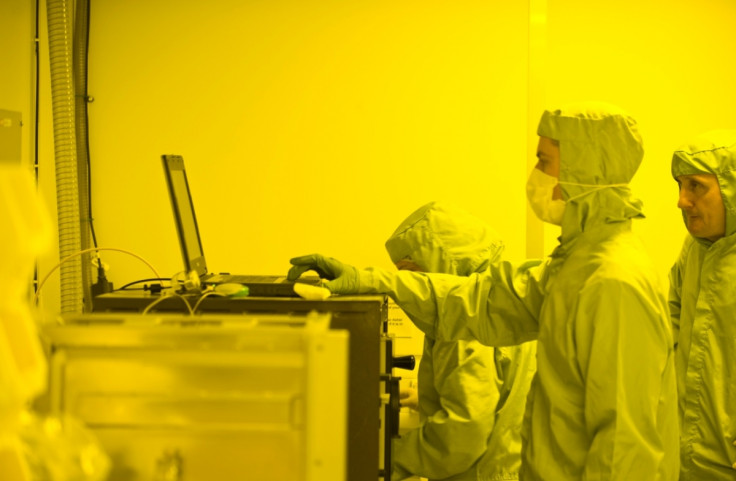UK Universities Siphon £8.1m Into Laser and Cloud Computing Training to Tackle Science Skills Shortage

The University of Belfast and The University of Glasgow have teamed up to create a new £8.1m research centre to tackle a science skills shortage.
The top UK universities, along with 12 industry partners, plan to establish the The Centre for Doctoral Training (CDT) in Photonic Integration for Advanced Data Storage.
The hub is being created to address skills shortages in nanofabrication and photonic integration.
Photonic integration is similar to electronic integration and involves the integration of many different types of optical components on a common platform.
Lasers, modulators, detectors, multiplexers and optical amplifiers are examples of optical components that need to be integrated.
The Centre's focus will be on developing highly-manufacturable photonic integration technologies related to the magnetic storage of digital information.
However, it is anticipated that the development of these technologies will be relevant to a wide spectrum of end-users – from telecommunications to biophotonics, in which optical technologies are applied to living organisms and health care.
The ability to store digital information has become a growing concern, as the memory capacity of even the smallest of devices, such as smartphones, has grown exponentially.
"There are two types of storage: traditional hard disk drives (HDDs) that provide high density at low cost, and solid state drives (SSDs) that offer less capacity at greater price but are more power efficient and are therefore used in mobile devices," said Professor John Marsh, Head of the School of Engineering at the University of Glasgow.
"While much of personal computing and related electronic devices are moving to SSD, there is still increasing need for HDD in personal usage in the form of back-up drives, personal TV systems and video recorders.
The biggest growth sector is in what is called "cloud" computing, where data is stored remotely.
"Already, almost all of e-commerce and the internet rely entirely on data farms filled with large numbers of "server" computers and these use HDDs to store commercial and personal information – everything from bank details to social media.
"Cloud computing is increasing this need for storage; in 2010 the 'cloud' accounted for 25% of storage use and by 2020 it will account for more than 60%. This growth is driven by the use of mobile systems – for example a server is needed for every 600 smartphones or 120 tablet computers – which means that HDDs of increasing capacity are required."
To address these capacity issues, new technology will be required – and that is likely to be heat-assisted magnetic recording (HAMR), which uses electromagnetic energy to locally heat the disk to ease the process of writing data on to it.
This technology will be the focus of the new CDT, where the key challenge for the researchers will be to make HAMR deployable as a low-cost manufacturable technology.
The CDT will offer new PhD students a unique training and research environment and places are expected to be highly sought-after.
Students will carry out research in both institutions, spend time with industry partners and carry out a three-week study period at The Innovation Academy in Dublin, which specialises in fostering innovation and entrepreneurship skills among PhD researchers.
© Copyright IBTimes 2025. All rights reserved.






















